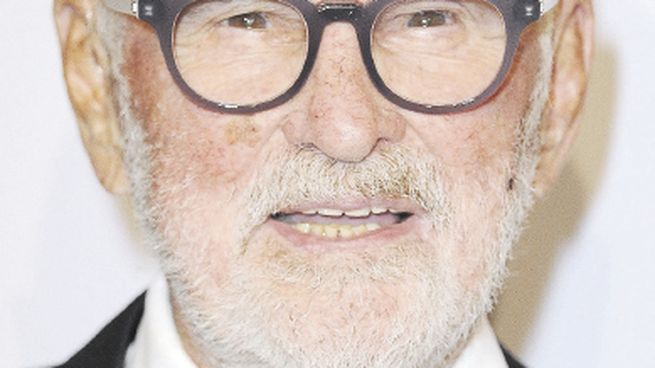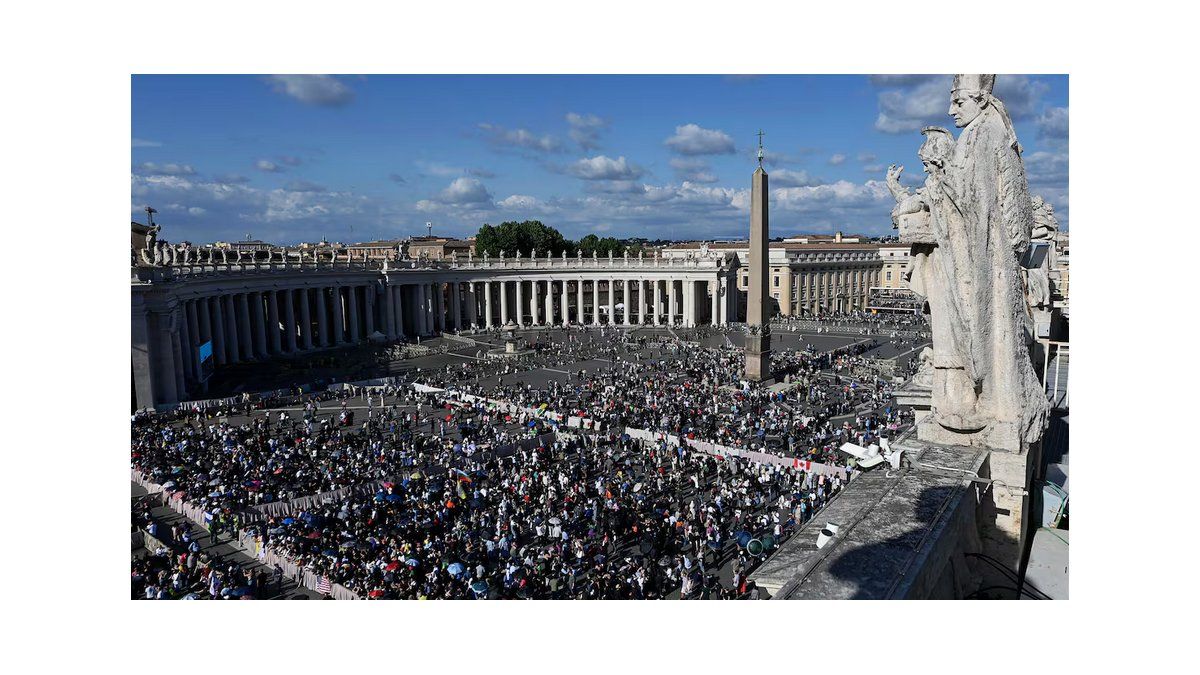Canadian director Norman Jewison died at the age of 97 on Saturday in Los Angeles, although the news only emerged yesterday.
The Canadian director Norman Jewison, whose career in hollywood It lasted for decades and covered the most diverse genres, died at 97 on Saturday in Los Angeles, although the news only emerged yesterday.
The content you want to access is exclusive to subscribers.
His career began with a series of comedies light, some with Doris Day (“The sauce of life”, “Don’t send me flowers”), but after “The art of Loving” (1965), with James Garner, released his first “cult” film that year: “The Cincinatti Kid”which in Argentina bore the absurd title of “Goodbye illusions.” In it, a novice poker player, the Kid, (Steve McQueen) faced off against a veteran gambler, played by a Hollywood glory like Edward G. Robinson.


The following year he had a great box office success with the political comedy about the Cold War, “Here come the Russians, here come the Russians”, and in 1967 his name reached the top with the thriller “In the heat of the night” ( “In the Heat of The Night”), where he addressed the issue of racial hatred. The film starred Sydney Poitier, Rod Steiger and Warren Oates. “In the Heat of the Night” won the Oscar for Best Film, Poitier for Best Actor, and had three other technical statuettes. Jewison was nominated for Best Director but was beaten by Mike Nichols for “The Graduate,” a film that instead fell to his own. In 1969, Jewison once again called on Steve McQueen, who with Faye Dunaway performed another resonant detective story: “The Thomas Crown Affair”, here renamed “Crime Society”.
After failing with “Gaily, Gaily” (“A Certain House in Chicago”), he made the first of his great musicals, also proving himself a master in the field: “Fiddler on the Roof,” with Topol (1971); then the violent political-sports metaphor “Rollerball”, with James Caan, and in 1973 the musical, complicated for the time, “Jesus Christ Superstar”, based on the work of Lloyd Webber. Let’s remember that when it came to triple A’s release in Argentina, they put bombs in the cinemas, as well as in the theater where Alejandro Romay was trying to present it.
In the late 1970s he turned to the union-themed film, “FIST,” with Sylvester Stallone, and the courtroom plea, “Justice for All,” with Al Pacino. “A Soldier’s Story” dates back to 1984 and “Agnes de Dios” the following year, and in 1987 he released his glorious comedy “Moonstruck,” with Cher and Nicolas Cage, perhaps the best portrait of a family. Italian-American and with the blood of Puccini in her veins.
From his last years we could mention “Hurricane”, with Denzel Washington, and “The Sentence”, with Michael Caine.
Source: Ambito
I am an author and journalist who has worked in the entertainment industry for over a decade. I currently work as a news editor at a major news website, and my focus is on covering the latest trends in entertainment. I also write occasional pieces for other outlets, and have authored two books about the entertainment industry.




